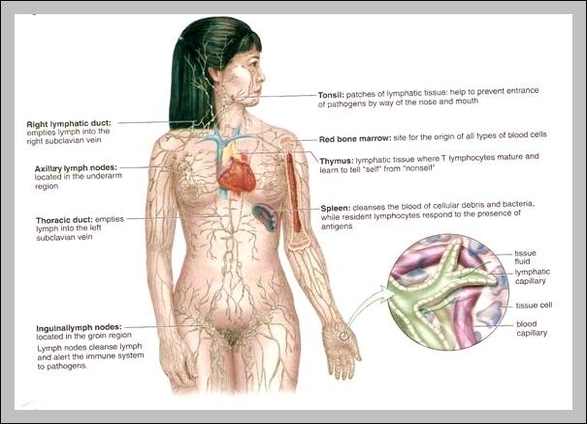What the thymus does. The thymus makes T cells (T lymphocytes) that travel throughout the body to help fight infection, disease and foreign substances. The thymus also makes hormones to help T cells develop and keep the immune system working properly.
Cells in the thymus gland (such as epithelial cells) also have receptors through which other hormones can regulate its function. The mature T cells derived have a few major roles. T cells are part of the adaptive immune system, in which each T cell has been trained to recognize a particular antigen.
The function of the thymus is to receive immature T cells that are produced in the red bone marrow and train them into functional, mature T cells that attack only foreign cells. T cells first reside within the cortex of the thymus where they come in contact with epithelial cells presenting various antigens.
What Does The Thymus Do

